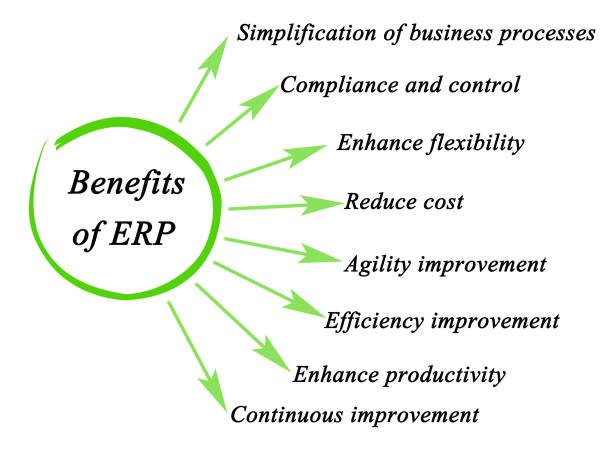Introduction
How to Adapt Your Business to Changing Market Conditions. In the business world, market conditions are constantly changing. These changes are sometimes positive and sometimes negative. To protect the business from changes, and to survive them, you must adapt your business. This article will show you how to adapt your business to changing market conditions. Through each topic, we’ll provide you with key strategies and tips that can put your business on the path to success.
1. Importance of Market Research
Market research is the first and most important step for business adaptation. You should analyze current market trends, consumer behavior and competition. This research will help you understand the demands and preferences of the market. When you know where the market is going, you can adjust your products and services accordingly. With regular market research you will be aware of changes early on and you will adapt quickly
2. Benefits of flexibility and agility

Flexibility and agility are essential in business. You must be able to change your processes and strategies quickly. This flexibility will help you to handle market changes easily. You need to manage your team and resources well so that you can quickly implement changes when the pressure is on. This flexibility will help keep your business stable despite market fluctuations.
3. Using customer feedback
Customer feedback is a valuable tool for business adaptation. When your customers give you feedback, it is an indication of their needs and preferences. You have an opinion that should be taken seriously and improve your products and services. Regular feedback collection and analysis allows you to better understand market changes and modify your offering accordingly. It will make your business customer-centric and give you an edge in the market.
4. The role of innovation and creativity
Innovation and creativity help your business adapt to market changes. You must develop new ideas and solutions to address evolving market needs. Innovation allows you to differentiate your products and services and maintain an edge with the competition. With creativity, you can develop unique marketing strategies and customer engagement strategies that capitalize on market trends. This innovation and creativity will help your business stand out in the market.
5. Use of technology
In today’s digital age, technology is a critical component of business adaptability. You need to streamline your operations using modern technology tools and software. With technology you can improve data analysis, customer engagement and process automation. These tools help you accurately track market trends and consumer behavior. Adopting technology will make your business more efficient and help you keep pace with the changing market.
6. Strategic planning and forecasting

Strategic planning and forecasting are essential for business adaptation. You should set long-term and short-term goals that align with market trends. Forecasting allows you to predict future market conditions and adjust your business plan accordingly. This planning and forecasting will help you prepare for market fluctuations and provide stability to your business even in uncertain situations.
7. Risk Management Strategy
Risk management is critical to business adaptation. You have to identify potential risks and challenges and prepare contingency plans for them. These risk management strategies will protect you from unexpected market changes and protect your business from unexpected shocks. You may want to review and update your risk management plans on a regular basis so you can respond in a timely manner and adapt to changes in the market.
8. Manpower training and development
Workforce training and development is essential for business adaptation. You may want to train your employees abreast of market trends and new technologies. This training enhances their skills and will help them to cope with the changing market. You provide your employees with continuous learning and development opportunities to effectively address the growth needs of the market. This will help your workforce adapt to market conditions.
9. Financial Management and Budgeting
Financial management and budgeting are also important for business adaptation. You should manage your finances effectively and adjust the budget according to market changes. Financial stability will help your business survive the ups and downs of the market. You must allocate your financial resources so you align with market trends and make necessary investments or adjustments.
10. Competitive Analysis and Benchmarking
Competitive analysis and benchmarking help you adapt to changes in the market. You should analyze the strategy and performance of your competitors and compare your business with them. These analyzes will help you understand market trends and competitor strategies and give you a competitive edge. Benchmarking allows you to adopt best practices and align your business with market conditions.
11. Customer Relationship Management
Customer Relationship Management (CRM) is essential for business adaptability. You should build strong relationships with your customers and monitor their needs and preferences regularly. With an effective CRM, you can improve customer loyalty and retention. The better you can engage with your customers and meet their expectations, the better you can adjust your CRM strategies to the changing market.
12. Product Diversity

Product diversification is an important strategy for business adaptation. You should diversify your product offering to target different market segments. Product diversification allows you to broaden your income stream and protect against market fluctuations. You want to develop new products and services according to the market trends and customer needs that provide growth and stability to your business.
13. Marketing Strategies and Campaigns
Marketing strategies and campaigns are also essential for business adaptation. You should align your marketing strategies with market trends and develop innovative campaigns that can capitalize on changes in the market. Effective marketing strategies can improve your brand exposure and customer engagement. You should regularly review and adjust your marketing efforts as you adapt to market conditions.
14. Supply Chain Management
Supply chain management is also critical to business adaptability. You must streamline your supply chain processes and adjust to market changes. Effective supply chain management allows you to optimize your operations and deliver your products and services on time despite market fluctuations. Supply chain bottlenecks can be avoided by building strong relationships with your suppliers and partners.
15. Legal and Regulatory Compliance
Legal and regulatory compliance is also essential to business adaptability. You must adjust your business practices to market changes and industry regulations. Compliance can save you from legal risks and fines and ensure smooth operations for your business. You may want to regularly review and update your compliance strategies to adapt to market conditions and meet legal requirements.
Conclusion
How to Adapt Your Business to Changing Market Conditions. Changing market conditions bring both challenges and opportunities to businesses. You need to use effective strategies and tools to adapt your business to the changing market. Under each heading, we’ve provided you with key strategies to help your business prepare for changing market conditions. By implementing a strategy, you can make your business successful and stable despite the ups and downs of the market.

Leave a Reply